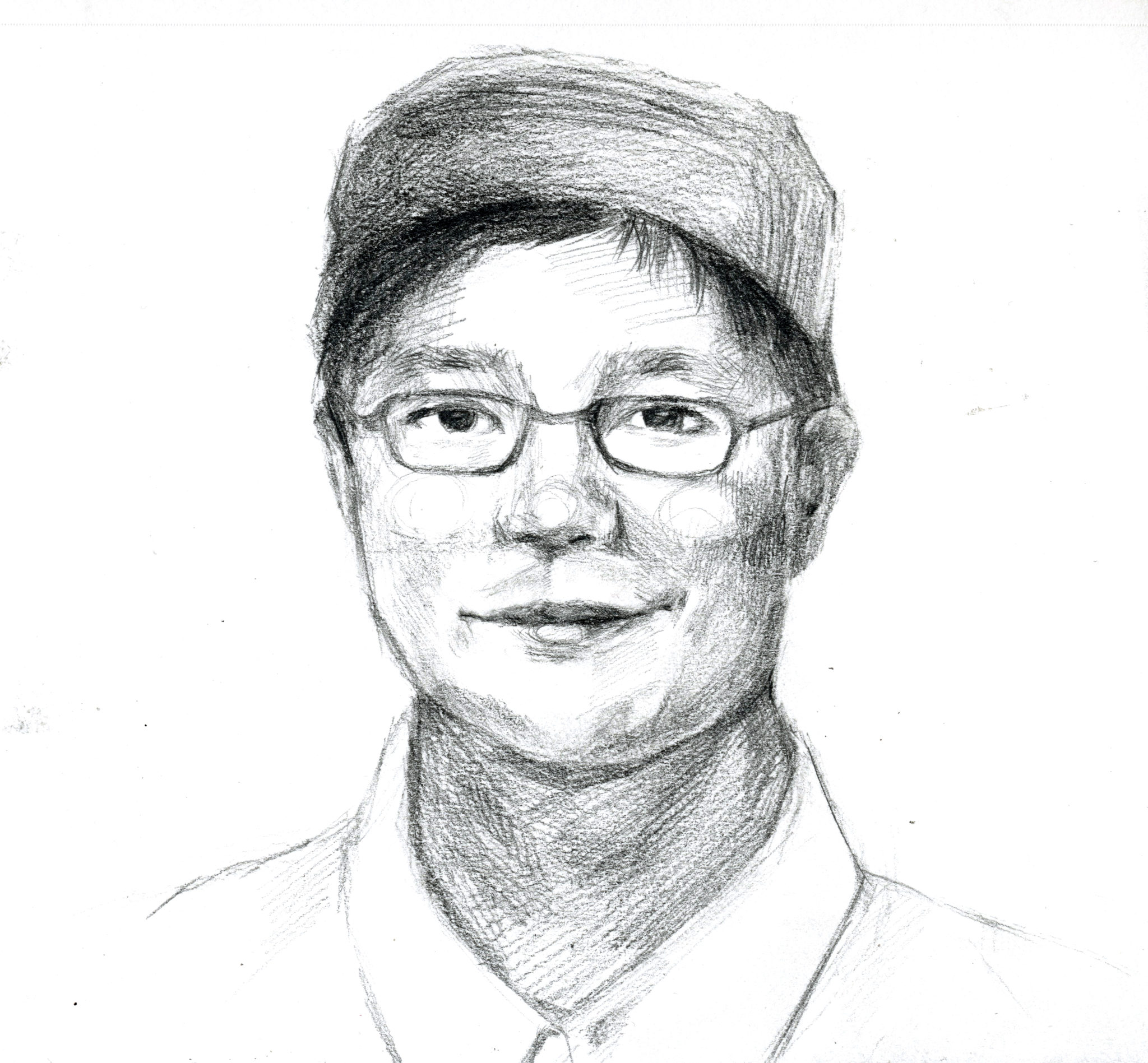
In the penultimate poem of his debut collection, “When I Grow Up I Want to Be a List of Further Possibilities,” the poet Chen Chen describes a conversation between himself and a white, gay friend. (Chen himself is Chinese, American and gay.)
“Later, during my friend’s smoke break, still can’t come up with a worthy
response to his radical queer critique of homonormativity, of monogamy,
domesticity, front lawn glory. These middle-class gays picking out
garden gnomes, ignoring all the anti-racist work of decolonization
that still needs to be done—don’t you think they’re lame? I say, Yeah, for sure,
but think, marriage, house, 1 kid, 2 cats—how long have I wanted that?”
The lines stand in for a major theme of the collection: wanting and being told—by others or by oneself—not to want. In this case, the wanted thing is a heteronormative life; in other, more frequent instances, it is the opposite; in other moments, it is the approval of white boys, is insomnia, is the abs of Olympic gymnast Danell Leyva. Chen wants a lot (who doesn’t?), but the flashes of true excellence in his poems come not in plaintive lists of wanted things—although there are several of those—but in the spaces between what he wants and what he thinks, or what others think, he should want.
Chen has said that he wants “to write and read poems with this kind of scrappy don’t-fuck-with-me-but-also-gahh-I’m-a-human-ness,” a phrasing that should explain the equivocal nature of his wants and also give some insight to the style of his language. The collection’s title stretches to fit thirteen words, and the poems within similarly resist distilment, although not to unpleasant effect.
Sure, some readers will probably find the writing in When I Grow Up a little too breezy, although it isn’t, not really. Chen, who turns 29 next month, just isn’t afraid to pull out a millennial-ism or two (“God sent an angel. One of his least qualified, though. Fluent only in/Lemme get back to you”) or to get a little fanciful at times (“Often I am a counterculture pistachio/on casual Friday”). These tendencies create sparks of what Chen’s more optimistic (and mostly younger) readers will recognize as joy, even if more jaded critics might grasp for words like naivete. (Although readers from the latter category may, in fact, be so turned off by the heart-on-sleeve wordiness of the collection’s title that they never actually make it far enough to kill the buzz.)
If some of Chen’s pieces seem loosely or under-edited, though, that is in some ways the point. The book is, after all, about further possibilities. “I hope the book feels restless and unresolved — because I don’t think becoming ever ends,” Chen told the “Michigan Quarterly Review.”
The resolutions — or partial resolutions, or maybe-someday resolutions, or I’ve-resolved-to-stop-worrying-about-this-and-just-live-my-truth resolutions — that Chen seeks deal mostly with aspects of his identity. Born in Xiamen, China, Chen immigrated to the States with his parents when he was three. His poems chart a biography of encounters with racist Americans and homophobic Chinese people. The heart rends at the places where these identities and oppressions intersect and overlap.
“Let spring say (the truth) I called my mother
a bitch. Said everyone in the neighborhood knew.
She had almost struck down my door, asking who
was on the phone, who, she had struck me,
called me names, forbidden me from talking
(WHO) on the phone, some boy wasn’t it,
sick boy spreading his sick musky spring,
American spring, beastly goo of wrong wanting.
Spring says I told my mother she was living in
a dream, could never go back to the way things were.
& she said, Not even here? I can’t say what I feel,
here, the one place I have in this stupid country,
I can’t just be, rest, I have to fight, even at home?”
Here, Chen taps into old, still-vibrant American tropes connecting Chineseness to disease and Chinese men to peculiar (in the sense of either craven or, on the other hand, feminized) sexuality. That Chen experiences the arrows’ orientation reversed — here, it is the (presumably white) American boy spreading the goo of wrong wanting — doesn’t seem to soften, for him, the blow of being punished for desire.
In some ways, the reversing of the arrows wasn’t quite a choice, either. “I am not the heterosexual neat freak my mother raised me to be,” Chen tells us in the volume’s first poem. Not that model minority. But also not the person he might want to be, at least not if he lives within the strictures of what others want him to want: “Can I give that”—the marriage, the house, the 1 kid and the 2 cats—“up in the name of being a real queer? Probably can’t.” Probably shouldn’t have to.
Robbie Short | robbie.short@yale.edu







